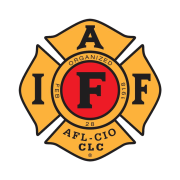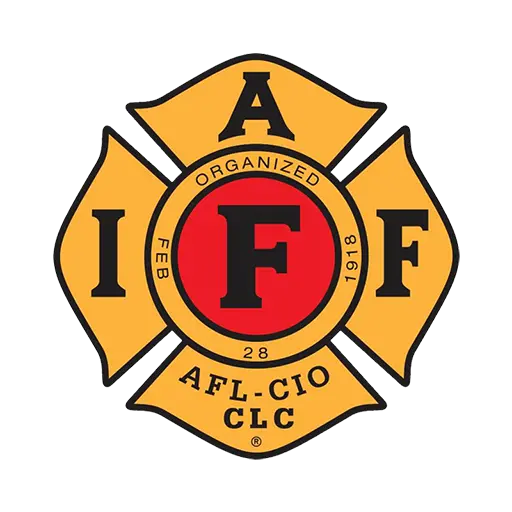
The International Association of Fire Fighters (IAFF) was founded on February 28, 1918, in Washington, D.C., by 36 delegates representing 24 local fire unions. It was established during a time when firefighters across North America faced grueling hours, unsafe working conditions, and lacked job security or fair wages. The IAFF formed to advocate for better labor standards, safety protections, and a unified voice for professional firefighters.
In its early years, the IAFF pushed for standardized work hours—most notably the implementation of the two-platoon system, which drastically reduced the inhumane work weeks of up to 84 hours. Over the decades, the IAFF expanded its focus to include health and safety protections, pension improvements, collective bargaining rights, and occupational cancer awareness.
Headquartered in Washington, D.C., the IAFF now represents over 330,000 members across the United States and Canada, including municipal firefighters, paramedics, and emergency medical personnel. It is affiliated with the AFL-CIO and the Canadian Labour Congress, giving it a strong voice in labor and political movements.
The IAFF has played a critical role in shaping fire service standards and legislation, including the Fire Fighter Cancer Registry Act, funding for SAFER and AFG grants, and supporting mental health programs for first responders. It also leads efforts in disaster response, training, and international solidarity among fire service professionals.
For over a century, the IAFF has stood as a powerful advocate for the safety, dignity, and rights of professional firefighters, continually adapting to the evolving challenges of public safety.
